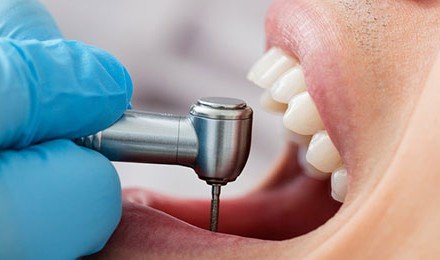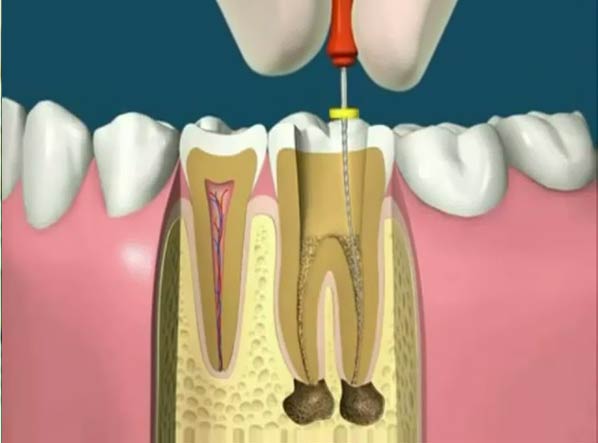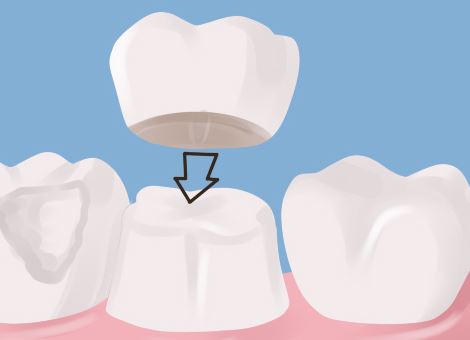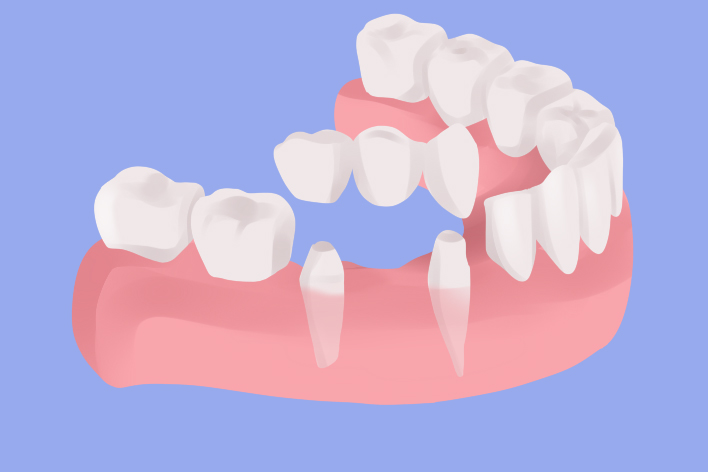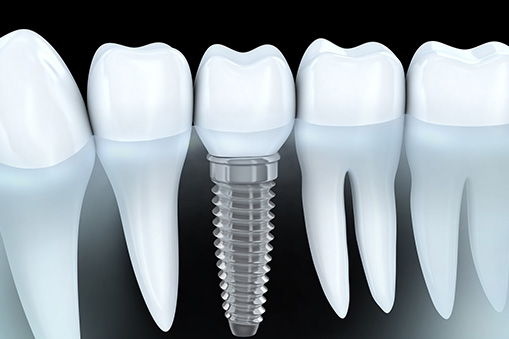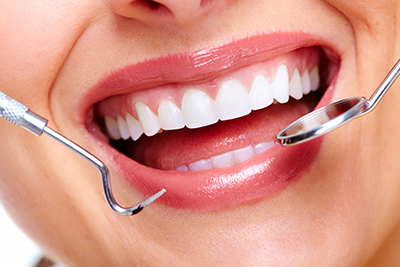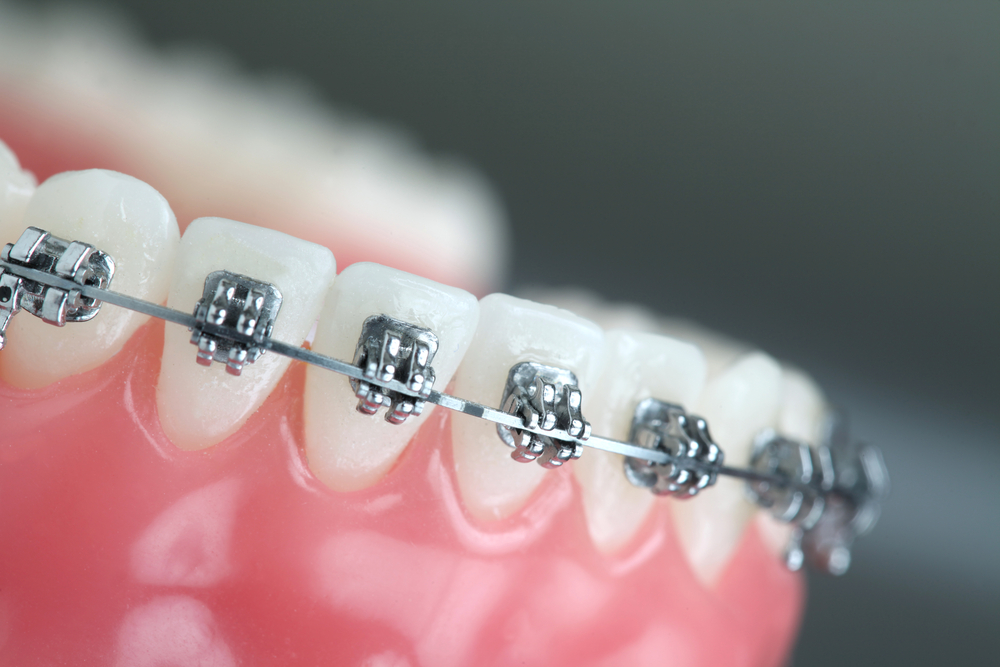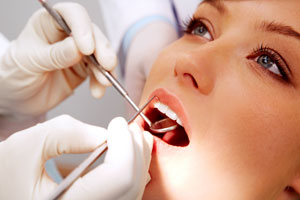
Preventative Dental
Preventative Dental
What is preventative dentistry ?
Preventative dentistry is a combination of treatments that will assist you to keep your teeth and gums healthy. It helps prevent tooth decay, gum disease and any other problems that may occur within the mouth.
Why is preventative dentistry so important ?
If the only time you visit your dentist is because you are experiencing a toothache or bleeding gums, it could already be too late to have a simple filling and may result in having more major treatment done such as a Root Canal or having the tooth removed. Therefore if an exam and clean is done every six months, little things that can produce into major work can be picked up an early stage, and consequently saving you more time, money and pain.
What does preventative dentistry involve ?
When you come for a preventative visit (generally known as an exam and clean) we carry out three procedures. These include doing a full exam on your teeth, concentrating on every tooth separately and looking for any signs of cavities (decay) periodontal disease (gum disease) and any other issues within your mouth. Your dentist will then take x-rays to show a more in-depth look at your teeth and gums. Part of your visit will also be a clean, which starts with a scaling of your teeth which removes any plaque or stains, then a polishing of all the teeth, then moving on to a fluoride treatment which helps strengthens them and helps protect them against further decay. After every comprehensive exam your dentist will do a full treatment plan of any treatment that is required for you. It is recommended to visit the dentist every six months for a general exam and clean to help you keep your teeth and gums at their best.
